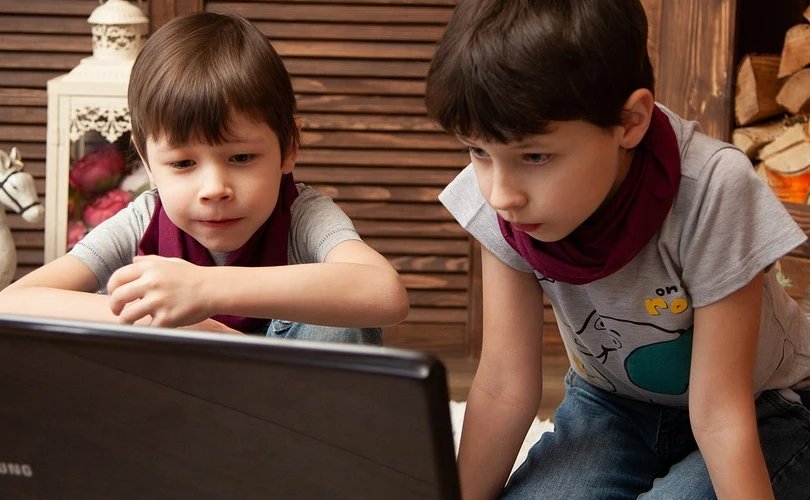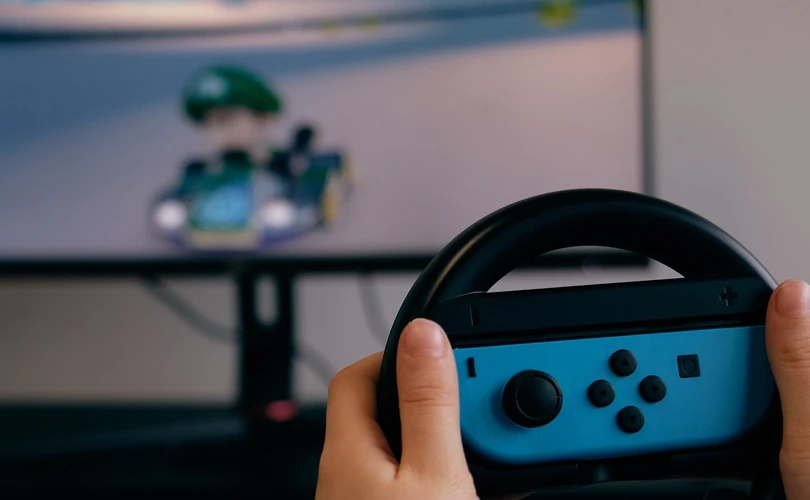There is no apparent agreement on whether video games influence children’s conduct. Some studies have shown a correlation between violent video games and increased aggressiveness in youngsters, while others have found no such link.
It is crucial to emphasize that video games are only one of many elements that might influence a child’s behavior. Other variables, like heredity, parenting style, and peer interactions, can also play a role.
Exposure
If you are concerned about your child’s exposure to video games, there are a few things you can do:
Keep an eye on what video games your youngster is playing. Check if the video games suit your child’s age and maturity level.
Limit how much time your youngster spends playing video games. Children under the age of two should not have any screen time, and children over the age of two should have no more than two hours of screen time each day, according to the American Academy of Pediatrics. Engage your youngster in video game play. This is an excellent opportunity to bond with your child while learning more about their favorite video games.
As a parent, you should be interested in the video games your child is playing. Sit down with them and ask them about their favorite games. Please encourage them to share their ideas, perspectives, and experiences.
Begin by asking them what they enjoy most about the game. Is it because of the plot, the artwork, or the gameplay? What do people find pleasurable or challenging about it? This will help you learn their hobbies and preferences.
Then, please inquire as to what they detest about the game. Is there anything about the game that they find frustrating or annoying? This will assist you in identifying any potential problems or worries your youngster may have with the game.
Finally, inquire about what they took away from the game. Many video games can help you improve your cognitive skills, problem-solving ability, and hand-eye coordination. Encourage your kid to think about these advantages and consider how they might apply what they have learned to other elements of their life.
By having these talks with your child, you will have a better knowledge of their gaming habits and build a closer bond with them. You may also assist children in developing critical thinking abilities and encourage them to be more active in their own learning and growth.
If you are still concerned about your child’s exposure to video games, you can consult their physician. They can assist you in evaluating the problem and making recommendations.
Recommendations
Here are some more pointers for parents:
Set a good example. Show your youngster how to use technology safely.
Make a family media strategy. This strategy should include how much time your family spends on screens and what information is acceptable.
Discuss the hazards of internet predators and cyberbullying with your child.
Encourage your child to participate in extracurricular activities such as sports, hobbies, and social events.
By following these guidelines, you may help your child have a healthy connection with video games.

Dominic E. is a passionate filmmaker navigating the exciting intersection of art and science. By day, he delves into the complexities of the human body as a full-time medical writer, meticulously translating intricate medical concepts into accessible and engaging narratives. By night, he explores the boundless realm of cinematic storytelling, crafting narratives that evoke emotion and challenge perspectives. Film Student and Full-time Medical Writer for ContentVendor.com




